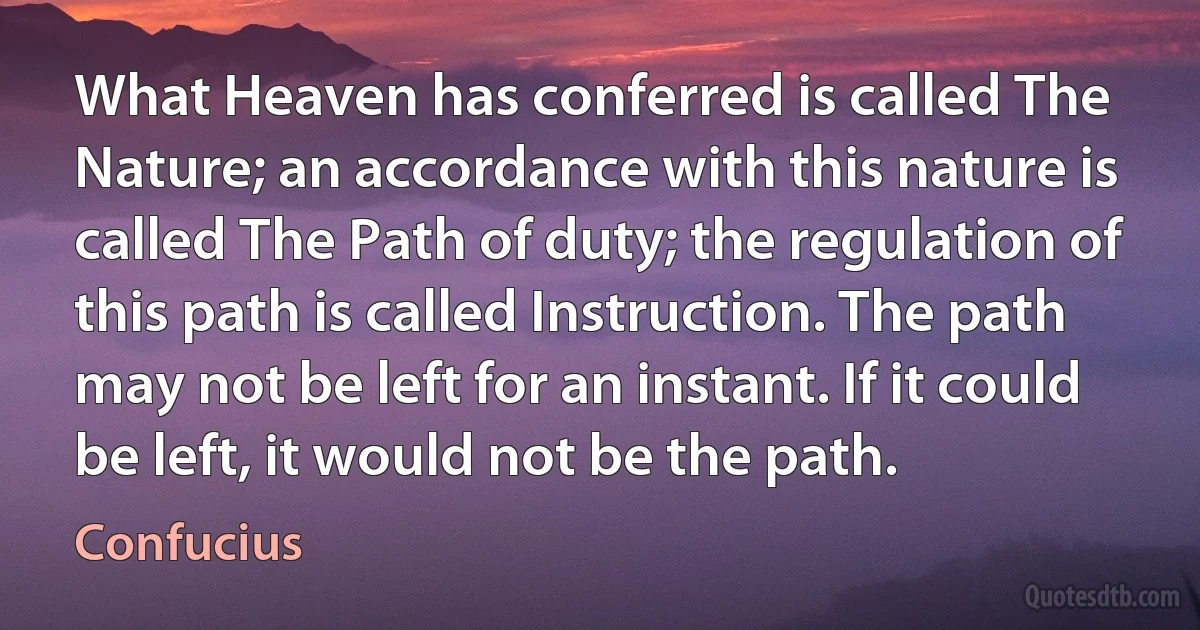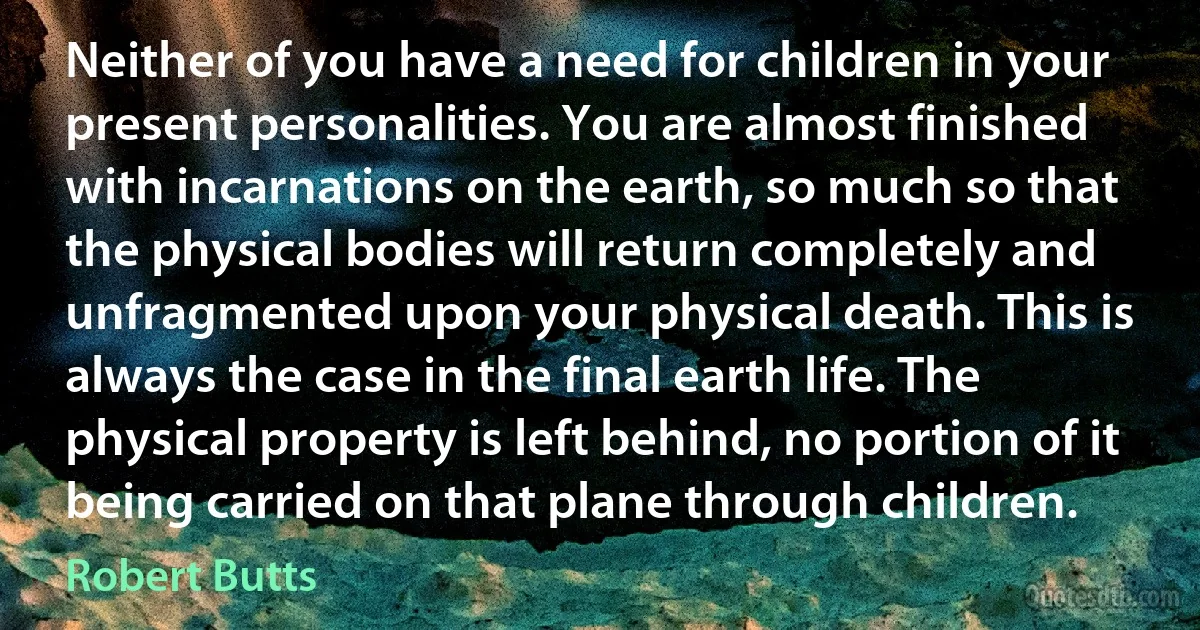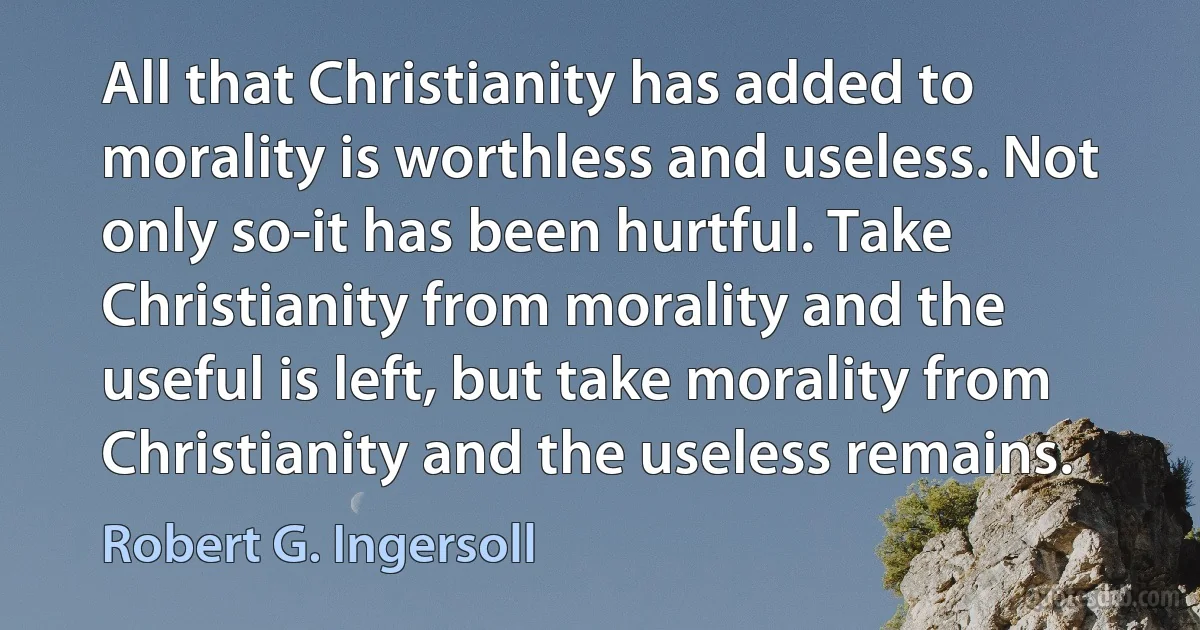Left Quotes - page 97
To hold that a state cannot, consistently with the First and Fourteenth Amendments, utilize its public school system to aid any or all religious faiths or sects in the dissemination of their doctrines and ideals does not, as counsel urge, manifest a governmental hostility to religion or religious teachings. A manifestation of such hostility would be at war with our national tradition as embodied in the First Amendment's guaranty of the free exercise of religion. For the First Amendment rests upon the premise that both religion and government can best work to achieve their lofty aims if each is left free from the other within its respective sphere. Or, as we said in the Everson case, the First Amendment has erected a wall between Church and State which must be kept high and impregnable.

Hugo Black
Bill Cohen had a will-earned reputation as a thoughtful, decisive Secretary of Defense. When the staff lit up the plasma screens and ran the tapes of the Bright Star exercise, showing how the friendly coalition "Greenland" had defeated the aggressors of "Orangeland", Cohen asked all the right questions. He seemed especially impressed that we had assembled the system using commercially available hardware. Our staff officers and sergeants were on their toes. They answered all the secretary's questions, and he left with a smile on his face. I was proud of the command post- and of the young men and women who had made it such a success.

Tommy Franks
Later that evening, with exhaustion setting in and nothing left to do but wait for clearance to fly, Cathy and I took the aircrew to dinner; the members of our traveling staff stayed behind, chained to their phones and computers. We walked through the quiet waterfront to the lamp-lit, sandstone-block courtyard of the Mylos Taverna. As we filed to our corner table, the normally-effusive chatter of the Greek patrons dropped to a whisper. I scanned the nearby tables; faces everywhere were drawn with sadness. Yiannis, our usually-smiling waiter, approached silently and shook my hand as if at a funeral. "Everyone is so sorry, General," the man said.

Tommy Franks
Progress in modifying our concept of control has been and will be comparatively slow. In the first place, it requires the application of certain modern physical concepts; and in the second place it requires the application of statistical methods which up to the present time have been for the most part left undisturbed in the journal in which they appeared.

Walter A. Shewhart
"You've killed me. Why'd you want to kill me," he said, and died. The expression of hurt surprise and wounded reproach and sheer inability to understand stayed on his face like a forgotten suitcase left at the station, and gradually hardened there. Prew stood looking down at him, still shocked by the reproving question.

James Jones
Gary [Cooper] turned out to be the surprise of my young life. He was so convincing with his stuttering, stammering awkward little boy manners. When the action called for Dr. Wassell to kiss me, I got all set for a bashful boy kiss. Well, it was like holding a hand grenade and not being able to get rid of it! I was left breathless.

Laraine Day
There was a tsunami and there are terrible natural disasters, all of this because of too little Torah study. Where there is Torah it sustains the world. There are negros there [in New Orleans]. Negros will study Torah? Let's bring them a tsunami, drown them. Hundreds of thousands were left without a shelter. Tens of thousands died. All of this is because they have no God.

Ovadia Yosef
They knew that many centuries ago God had left his throne and had been born a babe into this poor world-that he had suffered death for the sake of man-for the sake of saving a few. They also knew that the human heart was utterly depraved, so that man by nature was in love with wrong and hated God with all his might. At the same time they knew that God created man in his own image and was perfectly satisfied with his work.

Robert G. Ingersoll
Why, gentlemen, humor is one of the most valuable things in the human brain. It is the torch of the mind -- it sheds light. Humor is the readiest test of truth -- of the natural, of the sensible -- and when you take from a man all sense of humor, there will only be enough left to make a bigot.

Robert G. Ingersoll
Why am I anti-Islam? Well, for the simple reason that Islam is anti-me, and it's anti every fundamental value I hold... People say, "Well, you only focus on the bad things about Islam", and yes, I have to admit that if you ignore the bad things - the aggressive separatism, supremacism, and social intolerance, the relentless special pleading and phony grievance mongering, the psychopathic level of misogyny, the honor killing and genital mutilation (sanctioned by the Prophet, incidentally), the rabid gay and Jew hatred, the intimidation and censorship, and the constantly present threat of violence over social issues - well, there isn't much wrong with Islam, it's perfectly kosher (if you'll pardon the expression). The trouble is, when you take these things away, there's nothing left.

Pat Condell
If an infinite God created us all, he knew exactly what we would do. If he gave us free will it does not change the result, because he knew how we would use the free will. Now, if he knew that billions upon billions would refuse to take the remedy, and consequently would suffer eternal pain, why create them? There would have been much less misery in the world had he left them dust. What right has a God to make a failure? Why should he change dust into a sentient being, knowing that that being was to be the heir of endless agony?

Robert G. Ingersoll
There is no necessary connection between the important events of a life and the records of it that have been preserved in memory, in documents, in memorials, or in living testimony. The biographer must compose his life of what he has, just as the archeologist must restore his temple or his statue with such fragments as thieving time and careless men have left him; but fate often ironically leaves him a well-preserved leg and a dismembered torso, while the head, which would supply the main clue to the body, is missing. Hence, in addition to the purposive selection exercised by the subject himself and by the biographer in making use of such materials as are left, there exists a purely external selection dominated by chance, which cuts across the evidence in an arbitrary fashion. To correct for such distortions the biographer must be an anatomist of character: he must be able to restore the missing nose in plaster, even if he does not find the original marble.

Lewis Mumford
Failing to divide its social chromosomes and split up into new cells, each bearing some portion of the original inheritance, the city continues to grow inorganically, indeed cancerously, by a continuous breaking down of old tissues, and an overgrowth of formless new tissue. Here the city has absorbed villages and little towns, reducing them to place names, like Manhattanville and Harlem in New York; there it has, more happily, left the organs of local government and the vestiges of an independent life, even assisted their revival, as in Chelsea and Kensington in London; but it has nevertheless enveloped those areas in its physical organization and built up the open land that once served to ensure their identity and integrity.

Lewis Mumford
Every atom in your body came from a star that exploded. And, the atoms in your left hand probably came from a different star than your right hand. It really is the most poetic thing I know about physics: You are all stardust. You couldn't be here if stars hadn't exploded, because the elements - the carbon, nitrogen, oxygen, iron, all the things that matter for evolution and for life - weren't created at the beginning of time. They were created in the nuclear furnaces of stars, and the only way for them to get into your body is if those stars were kind enough to explode. So, forget Jesus. The stars died so that you could be here today.

Lawrence M. Krauss



